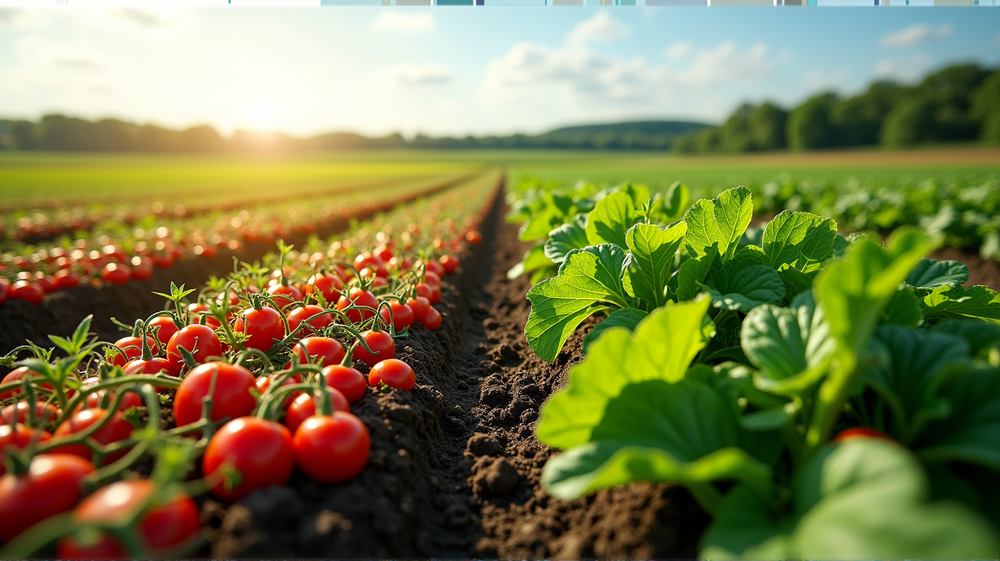Groundbreaking Farming Discovery Boosts Yields and Cuts Fertilizer!
Conventional farming practices have been under scrutiny for the double bind they create on the environment and food supply. With poor soil health exacerbated by damaging agricultural practices and climate change, solutions seemed elusive—until now. A remarkable discovery by South Dakota State University (SDSU) researchers reveals that simple changes could lead to significant improvements.
The Link Between Tillage and Yield
Conservation-focused strategies are at the forefront of transforming agriculture. According to a recent study by SDSU, small modifications in tillage routines have shown promising results in enhancing crop yields and soil health. “Tillage reductions slow soil organic matter decomposition, which increases the ability of the soil to retain water, leading to improved yields,” remarked David Clay, a distinguished professor of soil science at SDSU. This suggests that yielding better crops and preserving the environment don’t have to be mutually exclusive.
Erosion’s Impact on Productivity
This groundbreaking research analyzed an impressive set of over 650,000 soil samples accumulated over 21 years. Findings highlight how less intensive tillage leads not only to better yields but also minimizes erosion. As soil organic carbon levels rise, the soil becomes more productive, reducing both runoff and erosion. Such dual benefits are vital as they promise increased food security without the adverse side effects of traditional farming.
A Hopeful Pathway to Less Fertilizer Use
A notable outcome of SDSU’s study is the potential to cut down on fertilizers, particularly nitrogen, by 25%. This decrease not only reduces costs for farmers but also lessens environmental harm, considering the detrimental effects excess fertilizers have historically caused. As more carbon becomes stored in the soil naturally, less reliance on synthetic materials becomes feasible, a win-win for farmers and the environment.
Adapting to a Changing Climate
The timing of this study couldn’t be more critical. Farmers worldwide face the harsh realities of changing climate patterns. Frequent droughts and unpredictable climate incidences are not only jeopardizing yields but also degrading soil health. As stated in The Cool Down, the need for resilient agricultural methods is paramount.
A Step Toward Sustainability
While SDSU’s advancements are promising, they’re part of a larger global effort. Across the Atlantic, Spain is breeding drought-resistant crops, showing how global efforts are harmonizing toward sustainable farming solutions.
Growing your food or reducing one’s footprint by choosing sustainable produce is empowerment in action, making every consumer a contributor to this alliance. As more people join these initiatives, the collective impact can indeed change the tide.
This heartening blend of innovation and tradition signals a path forward—where farming feeds the planet, bolsters its caretakers, and nourishes the Earth for generations to come.




